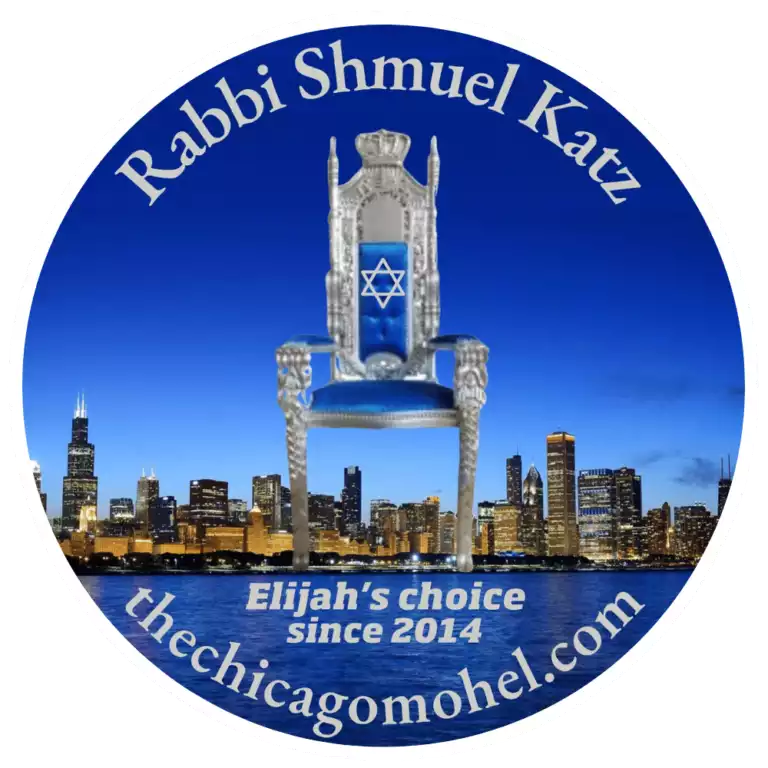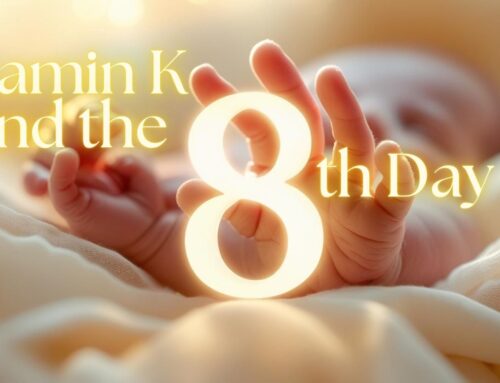How much can parents expect to pay for a circumcision? Infant circumcision is a common procedure for newborn boys. It is performed for various health, religious, and cultural reasons. However, the cost of this procedure can vary widely, especially across different regions. This blog post will focus on the prices for infant circumcision in the Midwest. We’ll provide a detailed look at what parents might expect to pay.
Factors Influencing the Cost of Infant Circumcision
-
Location and Healthcare Setting:
- The cost of circumcision can vary significantly based on the location and type of healthcare setting. In the Midwest, including states like Illinois, Indiana, Wisconsin, Michigan, and Ohio, prices are generally reflective of national averages but can vary based on whether the procedure is performed in a hospital, clinic, or by a private mohel.
-
Type of Provider:
- Hospitals/Clinics: Circumcisions performed in hospitals or clinics often include fees for the doctor, anesthesia, and use of the facility. These costs in the Midwest typically range from $300 to over $1,500 without insurance. The Midwest regional average is $1,175 (MD Save). For instance, hospitals in Chicago may charge up to $450 for the procedure itself. Additional hospital fees can raise the total cost to well over $1,000 and sometimes over $3,000 (The Pricer) (Lake Shore Obstetrics & Gynecology).
- Mohels: For families opting for a cultural or religious circumcision, or for those who prefer to choose the venue of the circumcision, including from the comfort of their home, synagogue, or social hall, a mohel (a highly trained specialist in the field of circumcision) offers a personalized service. Fees for a mohel in the Midwest can range from $500 to $1,000 for a local circumcision. The cost can increase for home circumcisions depending upon travel requirements.
- Insurance Coverage: Many insurance plans cover circumcision as part of newborn care. However, the extent of coverage can differ. It’s essential to check with your insurance provider to understand any out-of-pocket expenses. Some plans may fully cover the procedure if deemed medically necessary, while others might only cover part of the cost.
- Contrary to popular belief, insurance coverage is not limited to hospital circumcisions. Registered Mohels, such as The Chicago Mohel, Rabbi Shmuel Katz, provide invoices that may be submitted to insurance providers for reimbursement.

Average Circumcision Cost in Different Settings
-
Hospital Settings:
- In a hospital setting, circumcision costs in the Midwest generally range from $300 to $3,000. This depends on the state and hospital policies. This fee generally covers the Facility fee, Physician fee, Anesthesiologist fee and Administrative Fees. According to MD Save, the Regional Average cost for a pediatric circumcision in the Midwest is $1,175, while the National Average cost is $2,303.
-
Certified Mohel:
- A certified mohel generally costs between $500 and $1,000 for a local circumcision. This covers the costs of the consultation, procedure, and aftercare. Some mohels only provide the supplies necessary for the circumcision. This requires the parents to provide ceremonial products such as wine, goblet, candles, ceremonial pillow, etc., and to purchase aftercare products like gauze, ointments, etc. Other mohels, like The Chicago Mohel, Rabbi Shmuel Katz, provide everything from beginning to end, so all you need to bring is the baby.
So which one is more affordable? Given that insurance may cover costs of circumcision by both hospitals and mohels, it really depends on the particular hospital or mohel and the insurance plan.
Other Factors to Consider
Medical Care and Length of Procedure
Aside from cost, many factors play a role in deciding whether to have a circumcision done in a hospital or with a certified mohel.
While hospitals and clinics provide excellent medical care, many parents find the personal touch of a mohel invaluable. While a hospital circumcision takes approximately 20 minutes on average, a skilled Mohel will perform the circumcision in under 1 minute, not including the ritual aspects.
Specialized Experience
Mohels, due to their specialized focus on circumcision alone, not only bring medical expertise that often surpasses that of the average MD performing a circumcision.
Cultural and Religious Elements
Mohels also incorporate cultural and religious elements that make the procedure more meaningful with a warmer and more celebratory environment.
Convenience
Additionally, those who choose to have the procedure done in the comfort of their home frequently comment on the convenience and ease of stress for both parents and the baby.
Those who choose to perform the circumcision at a synagogue or social hall often hire a professional photographer and revel for years to come about the joyous celebration with the community.
Vitamin K shot
As a general rule, hospitals will not permit a baby to be circumcised if parents decline the Vitamin K shot. Mohels are split on the issue. According to Rabbi Shmuel Katz, C.M., “While I strongly recommend all infants receive the Vitamin K shot, I will not refuse service to parents who choose to decline the shot for their child” (The Chicago Mohel).
Jewish factors
For those of Jewish descent, it is important to note that due to a number of factors such as the method of circumcision, the one performing the circumcision, and the age of the baby at the time of circumcision, hospital circumcisions DO NOT count as a Bris Milah. Jewish tradition would require a child who received a hospital circumcision to undergo an additional procedure by a Mohel at a later date. There are cases of medical complexities which require a hospital setting for the circumcision. In those cases, a qualified Mohel can usually work with hospital staff to ensure all standards of medical care and ritual care are met.
Conclusion
The cost of infant circumcision in the Midwest varies based on location, provider, insurance coverage, and other factors. The price difference between choosing a hospital circumcision versus a certified mohel is relatively small, with the hospital sometimes being cheaper and sometimes being more expensive, even when factoring in insurance coverage. While hospitals may provide some families with a greater sense of medical security, opting for a mohel offers more flexibility, convenience, specialized experience with a faster process, a warmer environment, and a personalized, culturally enriching experience.
At the end of the day, with the price difference being a wash, for most families the decision mostly comes down to personal preference of ambiance, religious or cultural factors, convenience, and a sense of security and connection with the doctor or mohel.
Rabbi Shmuel Katz, CM, has over 10 years of specialized experience with pediatric circumcision and is recognized internationally as an expert in the field.
Rabbi Katz takes pride in his warmth and skill, while also ensuring his rates remain affordable for parents of all backgrounds and religions.
For more information on circumcision costs and to book the services of Rabbi Shmuel Katz, C.M., visit TheChicagoMohel.com.



